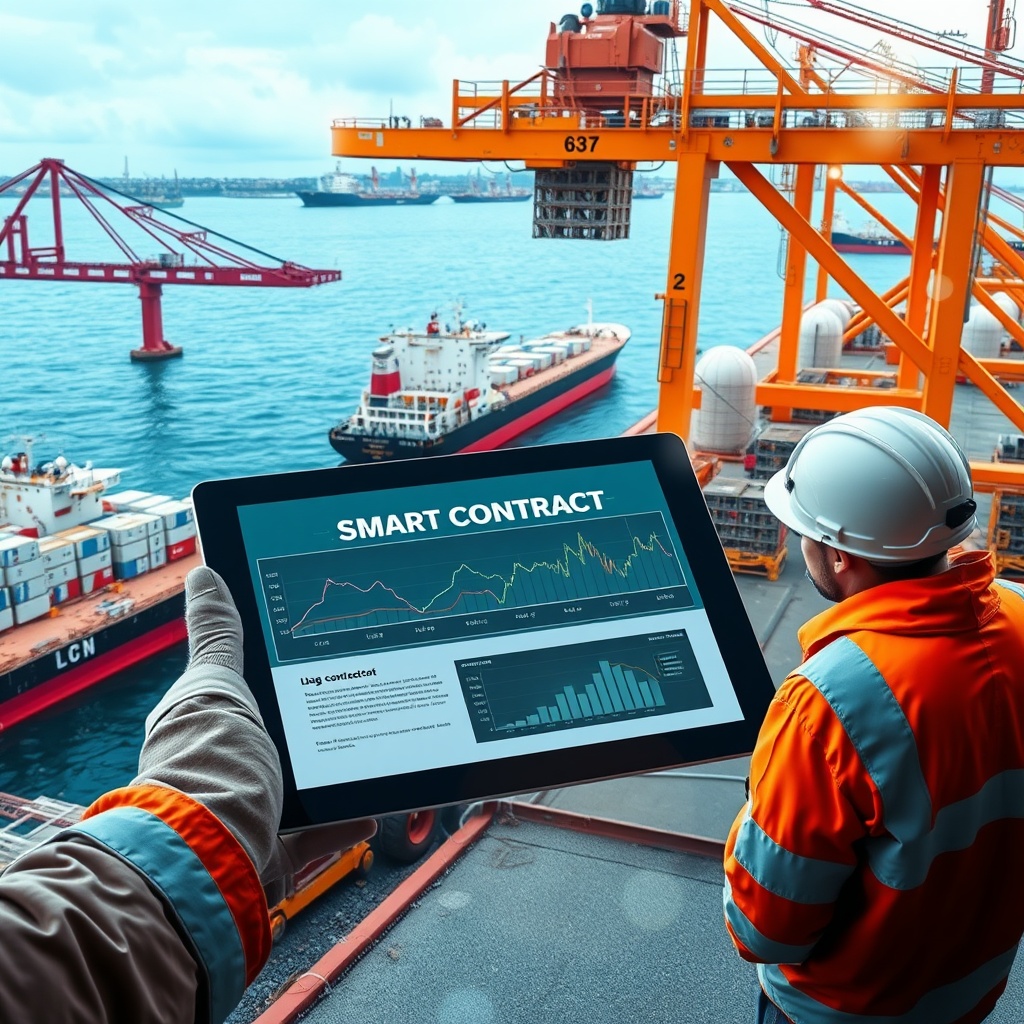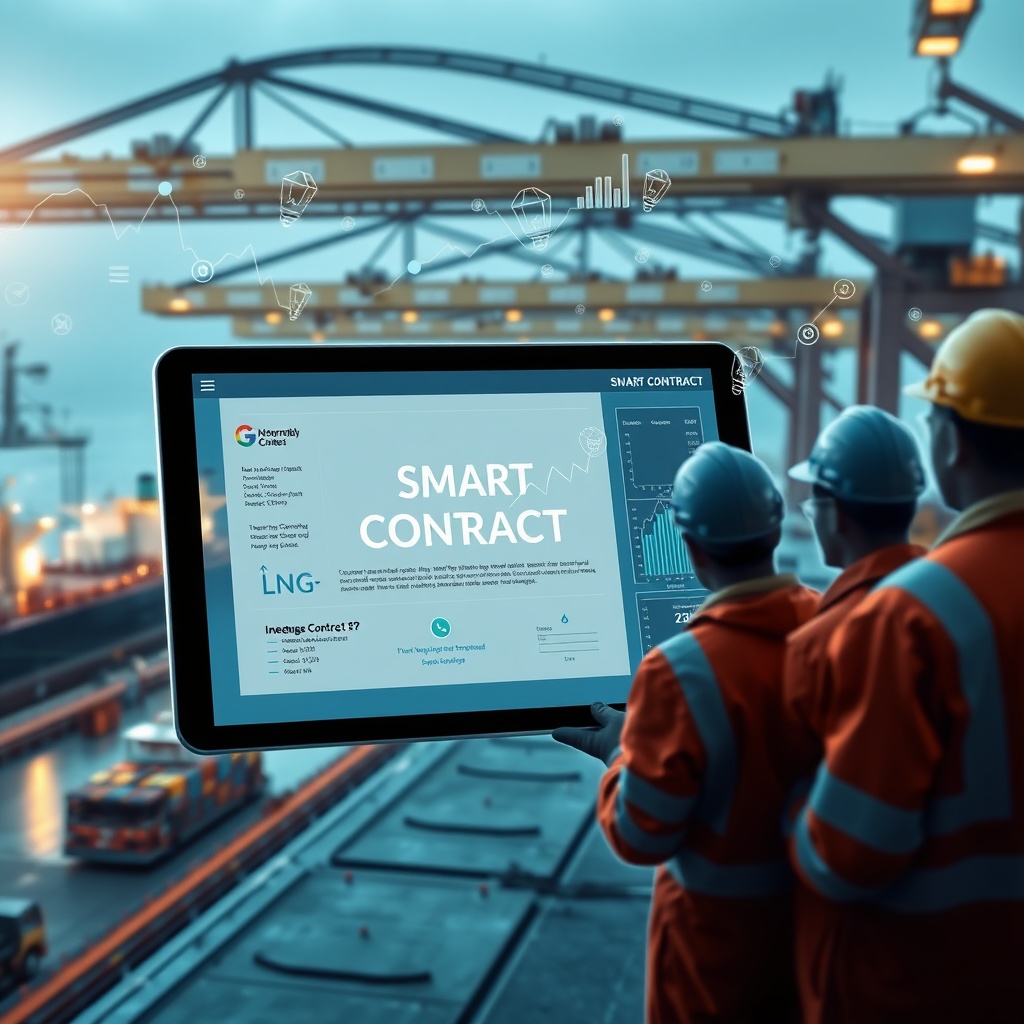In the ever-evolving landscape of energy trading, liquefied natural gas (LNG) has emerged as a pivotal commodity. As the demand for cleaner energy alternatives rises, the complexities of LNG trading necessitate innovative solutions. One such solution is the integration of smart contracts, which leverage blockchain technology to automate and secure transactions in this sector.

Smart contracts are self-executing contracts with the terms of the agreement directly written into code. This technology enables parties to engage in transactions without intermediaries, thereby minimizing risks and enhancing efficiency. The adoption of smart contracts in LNG trading can significantly streamline the process, from contract negotiation to delivery.
One of the most compelling advantages of employing smart contracts in LNG trading is the enhancement of efficiency and transparency. Traditional trading methods often involve cumbersome paperwork and prolonged negotiations. In contrast, smart contracts automate the execution of agreements based on predefined conditions, drastically reducing the time and effort involved in processing transactions.
Moreover, the blockchain ledger provides a transparent and immutable record of all transactions, which fosters trust among parties. This transparency is particularly crucial in LNG trading, where the stakes are high, and disputes can arise over contract terms and execution. By leveraging smart contracts, companies can ensure that all parties have access to the same information, thereby minimizing conflicts.
As the LNG market continues to expand, understanding the key benefits of smart contracts becomes essential for stakeholders. Below is a summary of the primary advantages:
- Reduced Transaction Costs: By eliminating intermediaries, smart contracts lower the costs associated with LNG trading.
- Enhanced Security: The cryptographic nature of blockchain technology ensures that contracts are tamper-proof.
- Speed of Transactions: Automated execution of contracts allows for faster transactions compared to traditional methods.
- Improved Compliance: Smart contracts can be programmed to ensure adherence to regulatory requirements automatically.
- Real-Time Monitoring: Stakeholders can monitor contract performance and delivery in real-time, improving operational efficiency.





